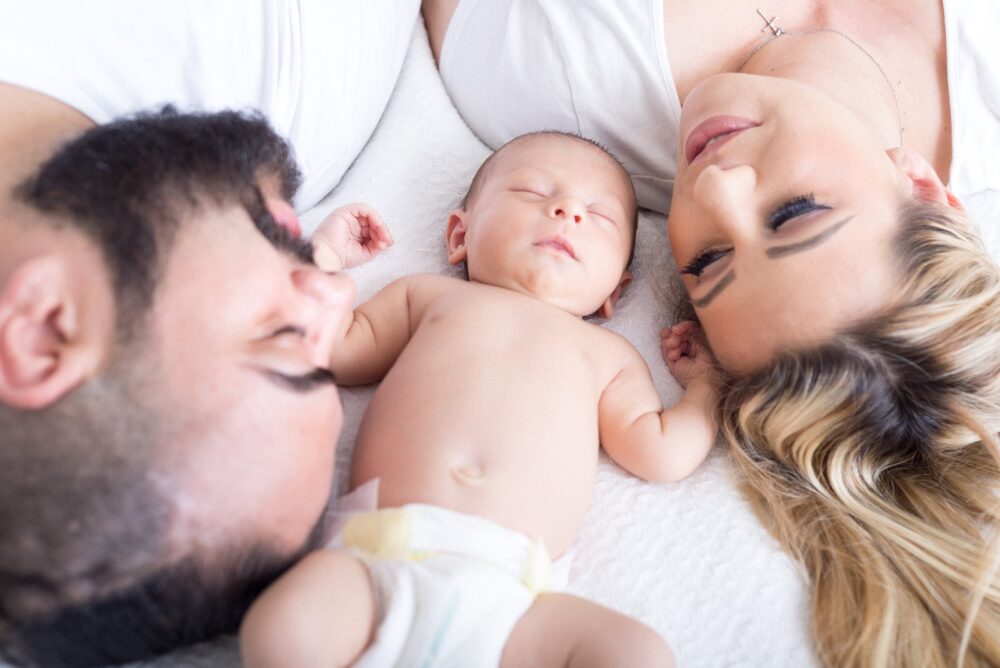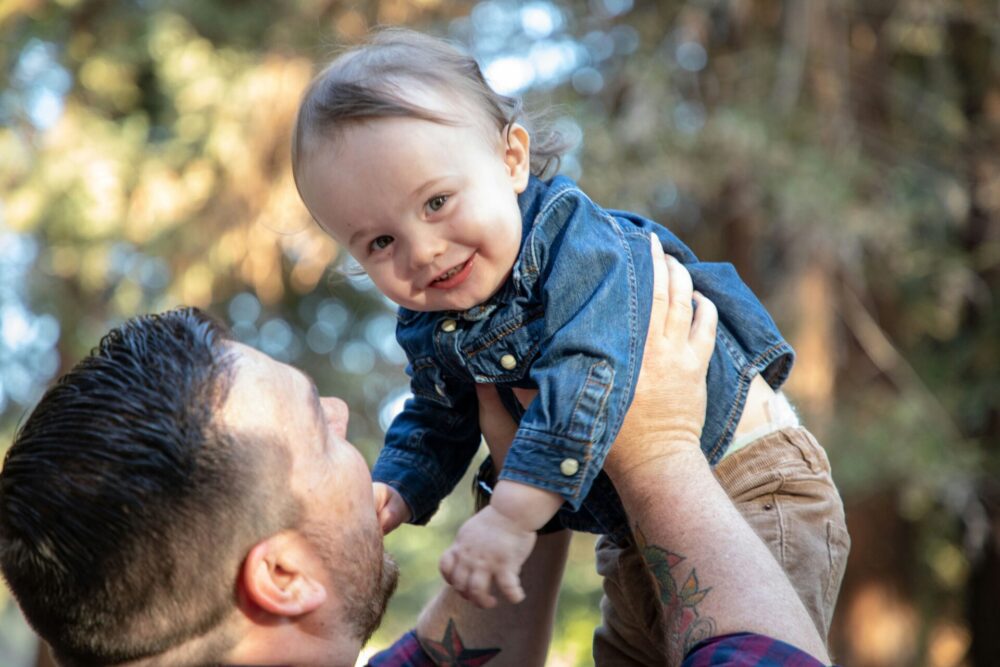BLOG
Navigating IVF Funding for Lesbian Couples: A Comprehensive Guide
Advice, IVF
Share this:
All of our blog posts are written, edited, or produced by the Kind iVF Content Team. This is a collaboration between our expert writers, health editors, and the leading researchers and senior doctors at our clinics across the UK.
Key Takeaways
- IVF funding in the UK can be complex and challenging to navigate for lesbian couples.
- The National Health Service (NHS) offers some support for IVF, but private clinic options and costs should also be explored.
- Strategies for securing IVF funding, such as crowdfunding and alternative financing avenues, can be considered.
- Lesbian couples may face eligibility hurdles and discriminatory policies when seeking IVF funding.
- Emotional and practical considerations are important to address during the IVF funding process for lesbian couples.
Understanding the Landscape of IVF Funding in the UK
The United Kingdom’s healthcare system, the National Health Service (NHS), plays a crucial role in the landscape of IVF funding. However, the complexities of this system can create challenges for lesbian couples seeking access to fertility treatments. Across different regions and clinical commissioning groups (CCGs), the coverage and eligibility criteria for IVF funding can vary significantly, making it essential for couples to navigate this landscape carefully.
One of the primary factors that impact IVF funding is the regional differences within the UK. While the NHS aims to provide a consistent level of care, the implementation and allocation of resources can vary across different parts of the country. This means that the availability and accessibility of IVF treatment, as well as the criteria for eligibility, may differ depending on the specific CCG or local authority responsible for healthcare provision in a particular area. Lesbian couples must be prepared to research and understand the nuances of their local healthcare system to ensure they can access the support they need.
Furthermore, the impact of these regional variations is compounded by the ongoing financial constraints faced by the NHS. As budgets are stretched, some CCGs may be forced to make difficult decisions about which treatments to prioritise, potentially leading to reduced funding or more stringent eligibility requirements for IVF. This can create additional barriers for lesbian couples, who may already face challenges in navigating the healthcare system and advocating for their rights.
Navigating the National Health Service (NHS) for IVF Support
Accessing NHS-funded IVF treatment can be a complex and often daunting process for lesbian couples. The application process typically involves a series of steps, including consultations with healthcare professionals, assessments of medical and personal circumstances, and the submission of detailed documentation. Navigating this bureaucracy can be particularly challenging for those unfamiliar with the system or who may face discrimination or bias.
One of the key considerations for lesbian couples seeking NHS-funded IVF is understanding the specific eligibility criteria set by their local CCG. These criteria can vary widely, with some CCGs imposing restrictions based on factors such as age, body mass index (BMI), or the number of previous unsuccessful IVF attempts. Lesbian couples must be prepared to advocate for their rights and ensure that they are not unfairly excluded from accessing this vital support.
In addition to the eligibility criteria, lesbian couples may also face additional hurdles in the NHS system. They may encounter healthcare professionals who are unfamiliar with or biased against same-sex couples, leading to delays, misinformation, or even outright refusal of treatment. In such cases, it is crucial for couples to be proactive in their communication, to educate themselves on their rights, and to seek support from LGBTQ+ advocacy groups or legal professionals if necessary.
Exploring Private Clinic Options and Costs
For lesbian couples who are unable to access NHS-funded IVF or who wish to explore alternative options, private fertility clinics can offer a viable alternative. However, navigating the private healthcare landscape can be equally complex, with a wide range of pricing structures and payment plans to consider.
When evaluating private clinic options, lesbian couples must carefully examine the pricing and payment models offered by different providers. Some clinics may have upfront, all-inclusive fees, while others may charge for individual services or offer financing plans. It is essential to understand the full cost of treatment, including any additional fees for medications, consultations, or procedures, to ensure that the chosen clinic aligns with the couple’s financial capabilities.
Beyond the financial considerations, lesbian couples should also evaluate the quality of care and the success rates of different private fertility clinics. Factors such as the experience and expertise of the medical team, the clinic’s success rates, and the overall patient satisfaction can all play a crucial role in the decision-making process. By conducting thorough research and seeking recommendations from trusted sources, couples can increase their chances of finding a private clinic that not only meets their financial needs but also provides high-quality, inclusive, and compassionate care.
Maximising Your Chances: Strategies for Securing IVF Funding
In addition to navigating the NHS and private clinic options, lesbian couples may also explore alternative funding sources to support their IVF journey. This can include researching and identifying potential grants, charitable organisations, or local authority funding that may be available to assist with the costs of fertility treatment.
When it comes to securing additional funding, the key is to be proactive and persistent. Couples should thoroughly research the various funding opportunities available, both at the national and local levels, and carefully review the eligibility criteria and application processes. By crafting a compelling funding application and presenting a strong case for support, couples can increase their chances of securing the necessary financial resources to pursue their dreams of parenthood.
It is also important for lesbian couples to be aware of any potential bias or discrimination they may face in the funding application process. They should be prepared to advocate for their rights and challenge any unfair or discriminatory practices, drawing on the legal framework and support from LGBTQ+ advocacy groups if necessary. By taking a proactive and assertive approach, couples can navigate the funding landscape with confidence and increase their chances of securing the resources they need.
Overcoming Eligibility Hurdles: Tips for Lesbian Couples
Lesbian couples seeking IVF treatment may face additional challenges and hurdles related to eligibility, particularly in the context of the NHS system. These challenges can stem from a range of factors, including potential discrimination, bias, and outdated or exclusionary policies.
One of the primary concerns for lesbian couples is the possibility of encountering healthcare professionals or decision-makers who may hold biases or prejudices against same-sex couples. This can manifest in the form of unfair treatment, misinformation, or even outright refusal of services. To overcome these obstacles, lesbian couples must be prepared to advocate for their rights, educate healthcare providers, and seek support from LGBTQ+ advocacy groups or legal professionals if necessary.
Additionally, the legal and social landscape surrounding IVF for lesbian couples can be complex and ever-evolving. Couples must stay informed about their rights, the relevant laws and regulations, and any changes or updates that may impact their eligibility for IVF funding. By understanding the legal framework and being proactive in asserting their rights, lesbian couples can navigate the system more effectively and challenge any discriminatory policies or practices.
It is important to note that the challenges faced by lesbian couples in the IVF funding process are not solely limited to the healthcare system. Societal attitudes and biases can also play a significant role, creating additional barriers and emotional burdens for those seeking to build their families. Addressing these broader societal issues through advocacy, education, and community support can be crucial in empowering lesbian couples and ensuring they receive the fair and inclusive treatment they deserve.
Crowdfunding and Alternative Financing Avenues
As the costs of IVF treatment can be prohibitively high, even for those with access to NHS or private clinic funding, lesbian couples may need to explore alternative financing options to support their fertility journey. One such avenue is crowdfunding, which has gained increasing popularity in recent years as a means of raising funds for various personal and medical expenses.
Crowdfunding platforms offer lesbian couples the opportunity to share their story, appeal to a wider community for support, and potentially raise the necessary funds to cover the costs of IVF treatment. By crafting a compelling and authentic campaign, couples can tap into the generosity of friends, family, and even strangers who are inspired by their journey and willing to contribute to their dream of parenthood.
In addition to crowdfunding, lesbian couples may also consider other alternative financing options, such as personal loans or borrowing from family and friends. While these avenues may come with their own set of considerations and risks, they can provide a valuable source of funding for those who are unable to access NHS or private clinic support.
It is important to note that the decision to pursue alternative financing options should be carefully weighed against the couple’s financial circumstances and long-term goals. Seeking advice from financial professionals or LGBTQ+ support organisations can help couples navigate these complex choices and make informed decisions that align with their overall financial and personal well-being.
Advocating for Equality: Challenging Discriminatory Policies
Lesbian couples seeking IVF funding must also be prepared to advocate for their rights and challenge any discriminatory policies or practices they encounter. Understanding the legal framework surrounding IVF funding and the rights of LGBTQ+ individuals is crucial in this process.
In the UK, the Equality Act 2010 provides a legal framework that prohibits discrimination based on sexual orientation, among other protected characteristics. Lesbian couples can leverage this legislation to challenge any unfair treatment or exclusion they face in the IVF funding process. By being aware of their rights and the legal protections available, couples can take a more assertive and empowered approach to navigating the system.
Furthermore, advocating for policy changes and greater inclusivity in the IVF funding landscape can have a significant impact on the experiences of future lesbian couples. This may involve engaging with policymakers, healthcare providers, and LGBTQ+ advocacy groups to raise awareness, share personal experiences, and push for more equitable and inclusive policies. By working collectively to challenge discriminatory practices and advocate for change, lesbian couples can help pave the way for a more just and supportive environment for all those seeking to build their families through IVF.
Emotional and Practical Considerations During the Funding Process
The journey of securing IVF funding can be an emotionally and practically challenging experience for lesbian couples. The financial burden, the uncertainty of the process, and the potential for discrimination or bias can all take a significant toll on the couple’s mental and emotional well-being.
It is crucial for lesbian couples to prioritise their emotional and mental health throughout the funding process. This may involve seeking support from LGBTQ+ counselling services, joining support groups, or engaging in self-care practices that help them manage the stress and anxiety associated with navigating the healthcare system. By addressing the emotional aspects of their journey, couples can better cope with the challenges and maintain their resilience and determination.
In addition to the emotional considerations, lesbian couples must also be prepared to navigate the practical and logistical challenges that come with the IVF funding process. This may include managing the paperwork, coordinating appointments, and navigating the complex bureaucracy of the healthcare system. By developing a clear plan, staying organised, and seeking assistance from trusted allies or support networks, couples can better manage the practical aspects of their IVF journey and focus on the ultimate goal of building their family.
Empowering Lesbian Couples in their IVF Journey
Navigating the complexities of IVF funding as a lesbian couple in the UK can be a daunting and often frustrating experience. However, by understanding the landscape, advocating for their rights, and exploring alternative financing options, lesbian couples can overcome the challenges and pursue their dreams of parenthood.
This comprehensive guide has aimed to empower lesbian couples by providing them with the knowledge and strategies they need to navigate the IVF funding process effectively. From understanding the regional variations in NHS coverage to exploring private clinic options and alternative financing avenues, this guide has offered a roadmap for couples to make informed decisions and maximise their chances of securing the necessary resources.
Ultimately, the journey of building a family through IVF is a deeply personal and meaningful one. By continuing to advocate for equality, challenging discriminatory policies, and supporting one another, lesbian couples can create a more inclusive and supportive environment for all those seeking to become parents. With resilience, determination, and a strong sense of community, lesbian couples can overcome the obstacles and embrace the joy and fulfillment of parenthood.
FAQs
What is IVF?
IVF, or in vitro fertilisation, is a fertility treatment where an egg is fertilised by sperm outside the body, in a laboratory. The fertilised egg, or embryo, is then transferred to the uterus to establish a pregnancy.
How does IVF funding work for lesbian couples in the UK?
In the UK, IVF funding for lesbian couples is available through the National Health Service (NHS) in some areas. The criteria for eligibility and the number of funded cycles can vary depending on the local Clinical Commissioning Group (CCG).
What are the options for IVF funding for lesbian couples if not eligible for NHS funding?
If not eligible for NHS funding, lesbian couples can explore private funding options for IVF treatment. This may include using savings, loans, or seeking financial assistance from family members or through crowdfunding.
Are there any grants or financial assistance available for lesbian couples seeking IVF treatment?
There are organisations and charities that offer grants and financial assistance specifically for individuals and couples undergoing fertility treatment, including IVF. These grants may have specific eligibility criteria and application processes.
What are the potential costs associated with IVF treatment for lesbian couples?
The costs of IVF treatment for lesbian couples can vary depending on factors such as the clinic, the number of cycles needed, and any additional procedures or services required. It’s important to consider the costs of consultations, tests, medications, and the IVF procedure itself.
What are some tips for navigating IVF funding for lesbian couples?
Some tips for navigating IVF funding for lesbian couples include researching the eligibility criteria for NHS funding in their local area, exploring private funding options, seeking financial assistance through grants or charities, and discussing the costs and payment plans with fertility clinics.
Share this:



